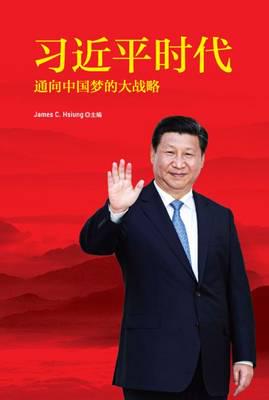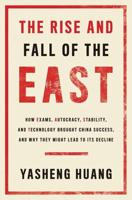Publisher's Synopsis
China's development has entered a new phase since the era of Mao and Deng Xiaoping. Its GDP has grown to more than 10 trillion US dollars, twice that of Japan's and close to that of the United States; and Chinese diplomacy has taken on a more active profile as the nation moves towards superpower status on the world stage. At the same time, all of this has resulted in serious ecological problems, and as the economy develops social contradictions are growing more prominent within the country. Xi Jinping, who became General Secretary of the Chinese Communist Party in 2012, has developed a new philosophy of governance to confront these challenges. The result is a 30-year plan that is the roadmap to The China Dream, which has led to various programs such as the ongoing campaigns to address and eliminate corruption within the CCP and reform of the Military; Market reforms and the "Belt and Road Initiatives" meant to improve domestic infrastructure and broaden Chinese economic influence on the world stage; and the evolution of a new approach to foreign relations. In addition to an analysis by leading Chinese thinkers of the elements of this plan and its implementation, an overview of Xi's early career and the first two years of his leadership provide readers a look at his thinking and how it has developed and provides a preview of what we might expect from China in the Xi Jinping Era.









